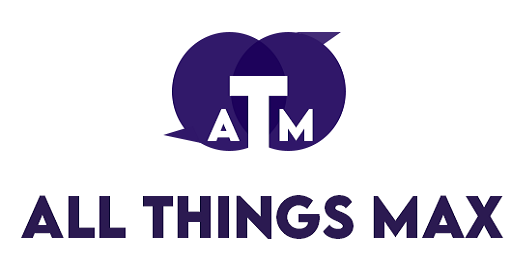The auto insurance industry is undergoing a significant transformation driven by technological advancements. As technology continues to evolve, it is reshaping how insurers assess risk, interact with customers, and deliver services. From telematics to artificial intelligence, technology is not only enhancing operational efficiency but is also redefining the customer experience in the auto insurance landscape.
The Rise of Telematics
Telematics is one of the most impactful technologies in auto insurance today. By utilizing GPS and onboard diagnostics, telematics systems gather data on driving behavior, vehicle location, and usage patterns. This information enables insurers to offer usage-based insurance (UBI) models, where premiums are determined by how, when, and where a person drives.
For example, safe drivers who avoid high-risk driving times or areas can benefit from lower premiums. This approach not only incentivizes safer driving habits but also aligns insurance costs more closely with individual risk profiles. As telematics technology becomes more widespread, it is expected to play an even more crucial role in personalizing auto insurance policies.
futurespaceusa | artaze | blooket | axsglobal | ViewShineStore
Artificial Intelligence and Machine Learning
Artificial intelligence (AI) and machine learning are revolutionizing the auto insurance industry by automating processes and improving decision-making. AI algorithms can analyze vast amounts of data to identify patterns and trends, enabling insurers to predict potential risks more accurately. This capability is particularly beneficial in claims processing, where AI can assess damage through image recognition technology and expedite the settlement process.
Furthermore, AI-powered chatbots are enhancing customer service by providing instant responses to inquiries, helping customers with policy information, and even assisting in filing claims. These technologies not only improve efficiency but also significantly enhance the customer experience by providing quick and reliable service.
Blockchain for Enhanced Security
Blockchain technology offers promising solutions for data security and fraud prevention in the auto insurance sector. By creating a decentralized and tamper-proof ledger, blockchain ensures that all transactions are transparent and verifiable. This is particularly important in claims processing, where fraud has been a persistent challenge.
Blockchain’s ability to provide a secure and immutable record of transactions helps build trust between insurers and policyholders, reducing the likelihood of fraudulent activities. As blockchain technology continues to mature, it is expected to become a foundational element in the auto insurance ecosystem.
Impact on Motorcycle Insurance
While the general auto insurance industry is benefitting from technological advancements, specialized areas such as motorcycle insurance are also seeing transformations. Telematics devices tailored for motorcycles, for instance, allow insurers to collect data specific to two-wheelers, providing insights into riding patterns and risk exposure.
In cities with diverse vehicle usage like Huntsville, these technologies can play a crucial role in tailoring policies for different types of vehicles. To learn more about specific options available, such as Motorcycle insurance Huntsville, potential customers can explore local insurance offerings that leverage the latest in technology.
Anime-stop | fametrove | itchenwalk | effectandaffect | professionalsearch
Challenges and Future Directions
Despite the numerous benefits, the integration of technology in auto insurance also poses challenges. Privacy concerns regarding data collection and usage remain a significant issue for policyholders. Insurers must ensure they are transparent about data usage and provide robust security measures to protect customer information.
Looking ahead, the future of auto insurance will likely see further integration of emerging technologies such as the Internet of Things (IoT), advanced data analytics, and even autonomous vehicles. These innovations promise to make auto insurance more efficient, personalized, and customer-centric.
In conclusion, technology is playing a pivotal role in transforming the auto insurance landscape. By embracing these advancements, insurers can not only optimize their operations but also provide better, more tailored services to their customers. As the industry continues to evolve, staying at the forefront of technological innovation will be crucial for insurers aiming to maintain competitiveness and meet the changing needs of their clients.

